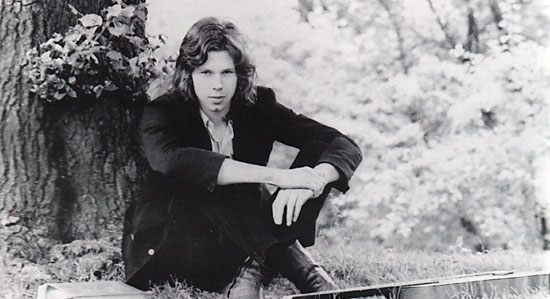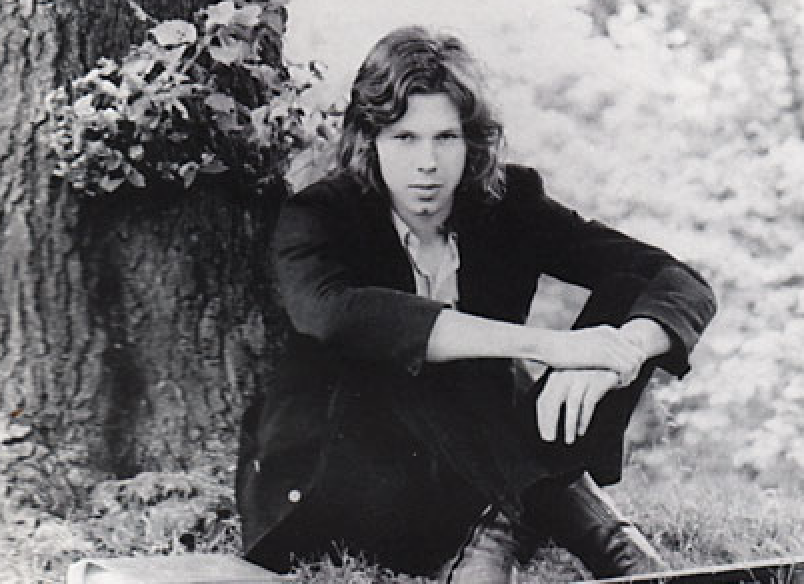In the wake of the overwhelming success of Nirvana’s Nevermind, major labels in the early/mid-’90s began signing any and every cool indie band they could in hopes of a similar payoff. One such outfit was Jawbox, a Washington, D.C., post-punk quartet that had issued two promising albums on the indier-than-thou Dischord label. The band—guitarist/vocalist J. Robbins, guitarist Bill Barbot, bassist Kim Coletta and drummer Zachary Barocas—signed to Atlantic and released the excellent For Your Own Special Sweetheart in 1994. (Though MAGNET named it the fifth-best album that year, Sweetheart was far from a commercial hit.) In 1996, Jawbox issued a slicker self-titled LP, which also failed to catch on beyond the indie-rock crowd, and the band broke up the following year. Dischord has just reissued For Your Own Special Sweetheart with three bonus tracks, and to celebrate, Jawbox reunited for a one-off performance on Late Night With Jimmy Fallon on Tuesday. Barbot is also guest editing magnetmagazine.com all week. Read our Q&A with him.

Barbot: Since it came out a couple years back, we’ve been consumed by the most recent posthumous release by Nick Drake: the stunning, lo-fi Family Tree. I really have no business referring to it as “stunning,” because that would intimate that we were expecting something less than heartbreaking and that we should be surprised by such a strong, positive reaction. We weren’t. We were, however, expecting more of a catch-as-catch-can, for-fans-only collection, not a cohesive, mind-bending trip through the home tapes of a late genius and a record that stands up incredibly well against anything he put together while he was alive. It’s admittedly lo-fi, mostly live to two-track from what sounds like a single mic. Every track resonates with the ambience and intimacy of family life; often, voices can be heard in the background, dogs barking, a child shouting. Many of the tracks feature mother Molly or sister Gabrielle, and only just more than half are penned by Drake himself; some of the most affecting performances are variations on Bert Jansch, Bob Dylan, Dave Van Ronk and traditional blues. But Drake’s alternate-tuned finger-picking is at its peak, warts and all. Lacking some of the more syrupy production traits and over-arrangement of his later recorded work, his vocals come across without affectation, even tinged with humor, warmth and, at moments (surprisingly, given how Drake’s story ended so young), joy.







